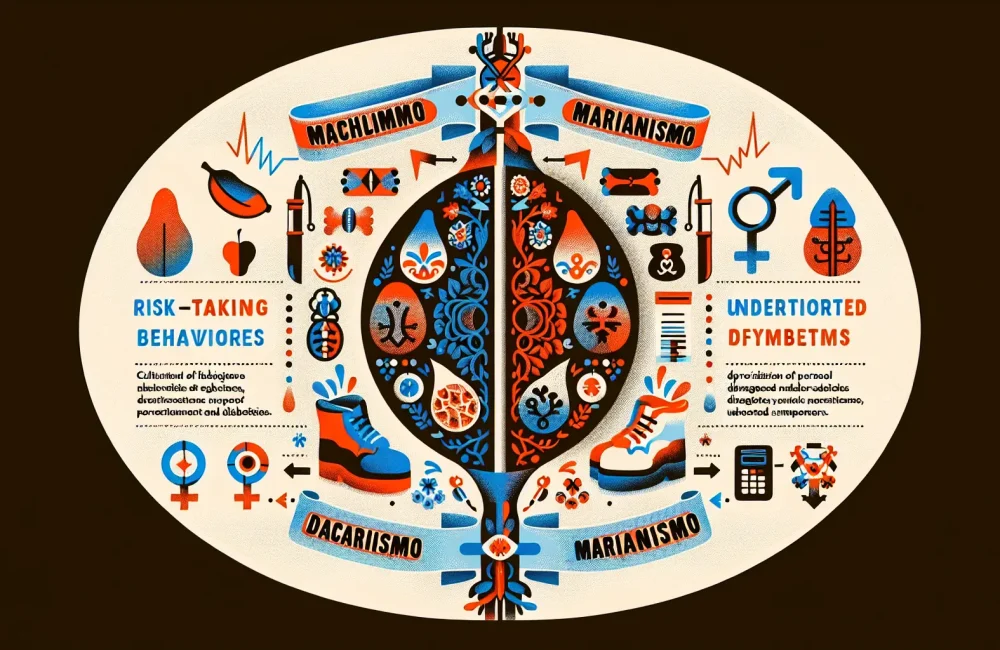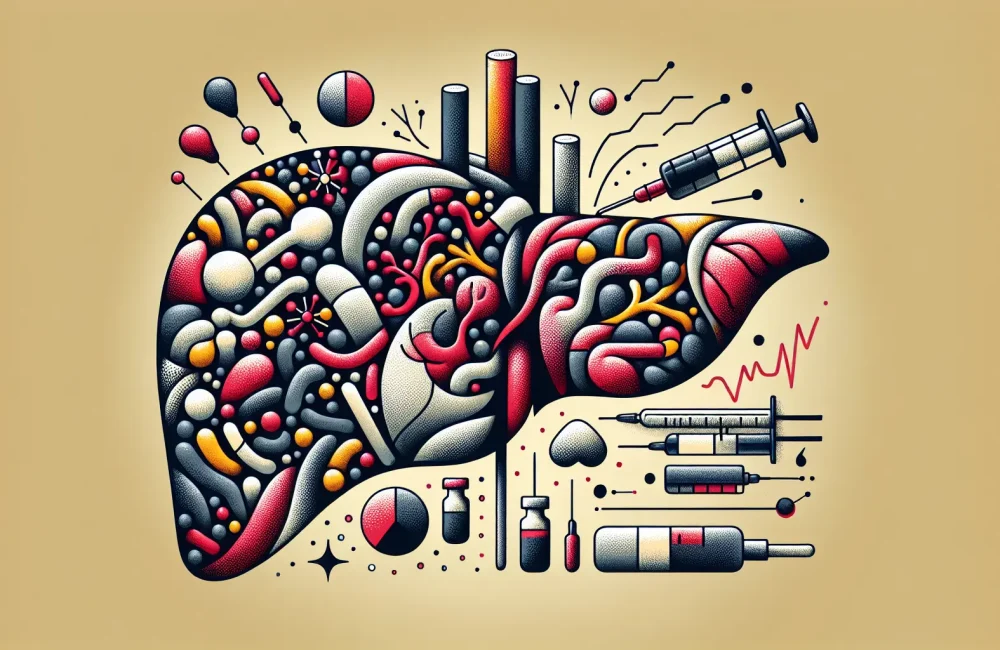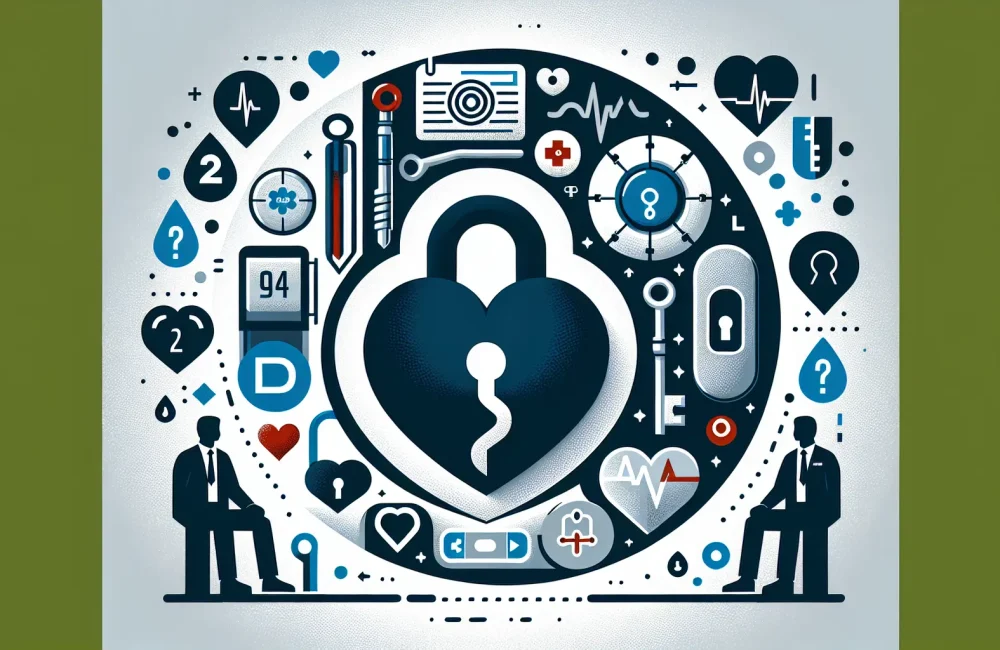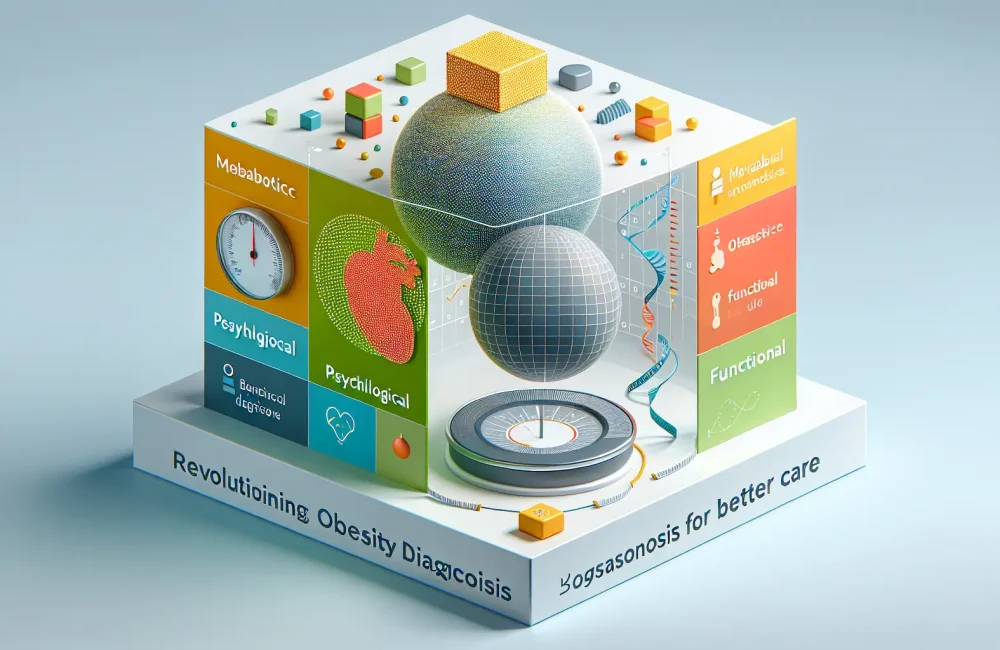By CAFMI AI From Journal of Primary Care & Community Health (Open Access)
Understanding the Role of Machismo and Marianismo in Diabetes Risk
This study sheds light on how culturally ingrained gender roles—machismo and marianismo—affect type 2 diabetes risk among indigenous Mexican adults. Machismo, reflecting traditional masculine traits like assertiveness and control, was found to be associated with lifestyle behaviors that increase diabetes risk. Men endorsing this role showed a propensity for risk-taking behaviors, such as unhealthy dietary choices, lower engagement in physical activity, and reluctance to seek medical care early. These behaviors could contribute directly to the development and worsening of type 2 diabetes. Conversely, marianismo, embodying traditional feminine values of self-sacrifice and family loyalty, influences women’s health behaviors differently. Women adhering to marianismo were more likely to deprioritize their health needs, underreport symptoms, and place their family’s health above their own care, potentially delaying diagnosis and treatment for diabetes. This nuanced understanding underscores the fact that gender norms shape health outcomes significantly in this population, providing a vital contextual layer beyond generic risk factors. Recognizing these roles allows clinicians to better appreciate patient health behaviors and barriers to care, especially in culturally distinct populations such as indigenous Mexicans.
Clinical Implications for Diabetes Prevention and Management
The findings emphasize the need for culturally sensitive clinical approaches targeting indigenous Mexican communities at risk for type 2 diabetes. For healthcare professionals, understanding the influence of machismo and marianismo can guide patient communication and intervention strategies. Men influenced by machismo may resist standard medical advice or delay healthcare visits; thus, clinicians should consider strategies that respect cultural values of masculinity while encouraging healthier behaviors. For women shaped by marianismo, clinicians should be alert to potential underreporting of symptoms and emphasize the importance of self-care alongside family responsibilities. Education programs and intervention plans should be tailored to reconcile these gender roles with diabetes management goals, fostering adherence and early intervention. Furthermore, integrating community health workers familiar with local cultural dynamics can bridge gaps in trust and communication. This culturally informed approach is essential to improve screening rates, lifestyle modification engagement, and ultimately reduce diabetes-related complications within indigenous populations, addressing health disparities effectively.
Future Directions in Research and Community Engagement
Future studies should further explore how machismo and marianismo influence diabetes outcomes over time and how these gender roles interact with other social determinants of health. Community-engaged research methods can help develop culturally grounded interventions that resonate with indigenous Mexican populations. Additionally, incorporating gender-sensitive education and support systems may empower individuals to overcome culturally driven barriers to diabetes care. Collaboration with local leaders and healthcare providers will be crucial to create sustainable programs that respect and integrate traditional values while promoting healthier lifestyles. Addressing these complex social and cultural factors will enhance public health strategies and contribute to reducing the disproportionate burden of type 2 diabetes in this vulnerable community.
Read The Original Publication Here






